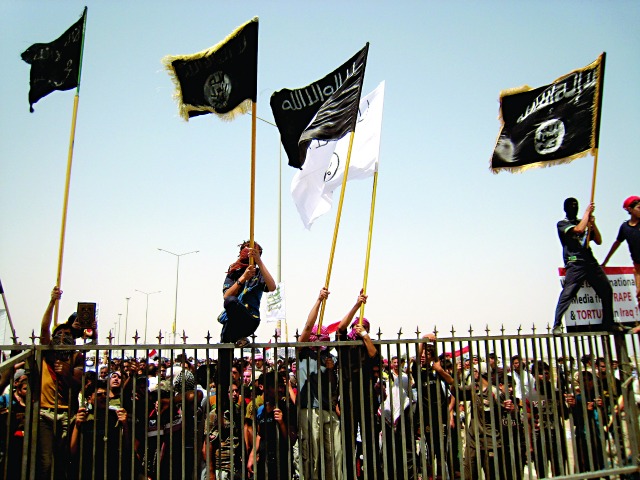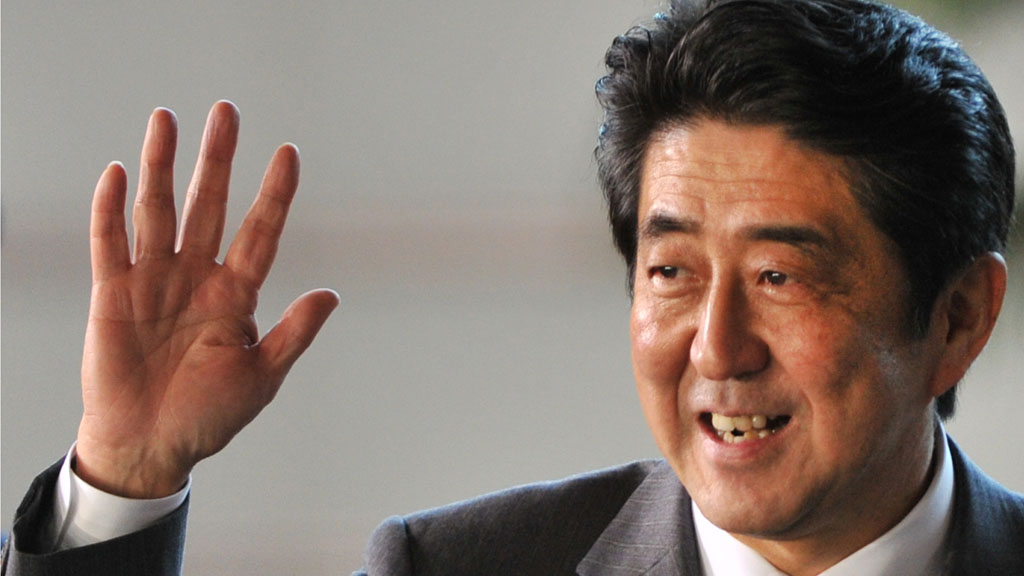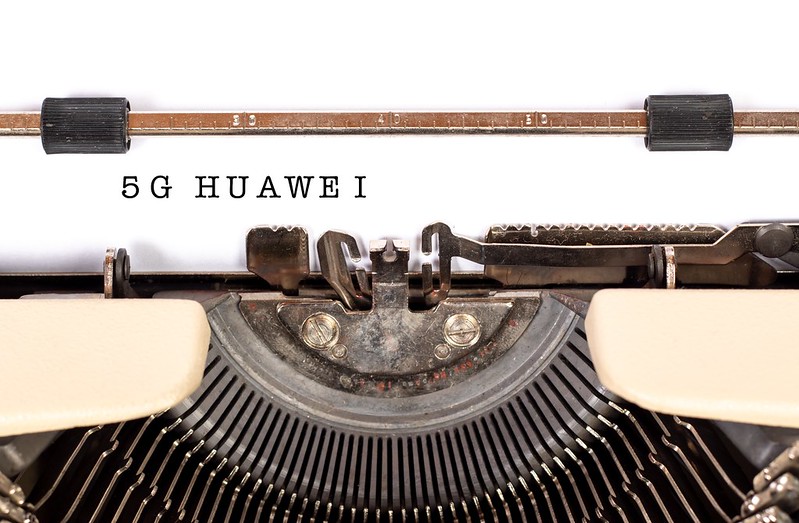For part one, please click here.
The residents of Fallujah, only thirty miles west of Baghdad, have been forced to evacuate their once vibrant city for the second time in the past decade. Since New Years Day when radical Islamists, some affiliated with al Qaeda, stormed various towns of the largely Sunni province of Anbar in Iraq, hundreds of thousands of residents have fled to neighboring cities while government forces plan an all-out assault on insurgents.

Last week the UN reported over 140,000 people had evacuated Fallujah, and that number is expected to increase dramatically over the next several days. The Iraqi army has surrounded towns across the province where insurgents have found refuge while simultaneously urging non-combatant residents to leave before offensives begin. Prime Minister Maliki has so far worked with tribal and religious leaders to facilitate evacuations and communicate with leaders of the insurgency.
Maliki’s immense challenge lies in the ability to both maintain political stability and attend to the hundreds of thousands of displaced persons while negotiating military and political resolutions in one of Iraq’s most populated provinces.
While the Syrian crisis next door has managed to attract the attention of Western media over the past two years, Iraq quietly experienced its worst year of violence since the surge of 2007, as the UN reported at least 8,868 people killed across the country in various attacks in 2013. Since the taking of Fallujah and Ramadi, both the United States and Iranian officials have offered to assist Maliki’s government in developing anti-terror strategies.
Helping Hands
Prior to the recent surge in Islamist activity, the United States had appeared reluctant to finalize arms deals with the Iraqi government and insisted that it would not entrench itself in what Secretary of State John Kerry referred to as “a fight that belongs to the Iraqis.” The backlog of Iraqi arms deals includes advanced aerial equipment such as Apache helicopters and F-16 fighter jets, originally ordered in 2011.
On a trip to Washington last year, Iraq’s leadership lobbied hard for the White House to push through weapons deals that analysts suggest could target insurgents whilst minimizing civilian losses. Foreign Policy magazine, quoting an Iraq war veteran, writes, “Airpower can be a game-changer, and we’re damaging our own interests by leaving the Iraqi army to slug this out on the ground. If we see them as an ally, we should treat them like one.”

Since news of the siege of Fallujah broke in early January, American Marines who survived the battles of 2004 have voiced their concern and disbelief at the city’s capture. In an article in the New York Times published earlier this month, one veteran said, “It made me sick to my stomach to have that thrown in our face, everything we fought for so blatantly taken away.” Over a hundred Marines were killed in the fighting for Fallujah a decade ago and hundreds more were wounded, in addition to numerous civilian deaths suffered by Iraqis.
The events of the past week indicate upcoming changes to US policy towards the return of terror to Anbar, as US officials have expressed willingness to support the Iraqi government’s position. In the past week alone, the US has committed to training Iraqi forces in neighbouring Jordan, pushed through the sale of Hellfire missiles, helicopters, and provided surveillance drones to the Iraqi government.
Prime Minister Maliki, who has since managed to balance his power among both Iran and the United States, has made it clear his government seeks aid to de-escalate the ongoing situation in Anbar. For Maliki, the fighting comes at a crucial point in his political career, as Iraqis await a national election scheduled in May.
As its western neighbour, Iran shares an almost 1,500km border with Iraq, and past events dictate that Iraqi politics is of concern to Iran’s national security. Iran’s relations with Iraq have altered dramatically since the downfall of Saddam Hussein who initiated an eight-year war against Iran in 1980. Maliki traveled to Iran late last year to discuss “issues such as economic and security cooperation between the two countries,” with high ranking officials in Iran’s government, including Supreme Leader Ayatollah Ali Khamenei.
While Iraq may depend on the US to fulfill its orders of military equipment, it can rely on Iranian tactical support and influence as both a regional and religious power to stop certain conflicts and emerging sectarian strife.
Only a year ago, it was difficult to imagine a direct channel of bilateral discussions between Iran and the United States, but recent reports reveal back-door diplomatic channels have been active as far back as March 2013. This represents a willingness on both sides to engage in discussions, and more importantly, achieve positive results evidenced through several diplomatic breakthroughs since Hassan Rouhani’s election.
Officials have stressed that these talks focused solely on the nuclear issue, but it is one of many signals that Iran is open to a mutually accepted process towards reconciliation with the West and thus willing to act as a partner to counteract extremism in the region. This type of cooperation is not unprecedented, evidenced by Iran’s influential role in supporting US efforts against the Taliban following the attacks of 9/11. Although Iran has fought terrorism on its borders for decades, the Rouhani administration has made it particularly clear that Iran has an interest in fighting terrorism in the region.
There is little doubt that additional technical, tactical, and military assistance provided to Iraq by allies like the United States and Iran can aid Iraqi efforts, and Maliki has already taken steps to avoid civilian deaths that would render a successful military campaign politically useless. Instead, as reminded by Iraq’s speaker of Parliament, prominent Sunni politician Nujaifi, the issues facing the province of Anbar are not solely rooted in terrorism, but there are “problems and rights that need a political solution, not a military incursion,” he explained in Washington. Again, the challenge lies in a measured military response in cooperation with a viable political solution amicable to all Iraqis.




